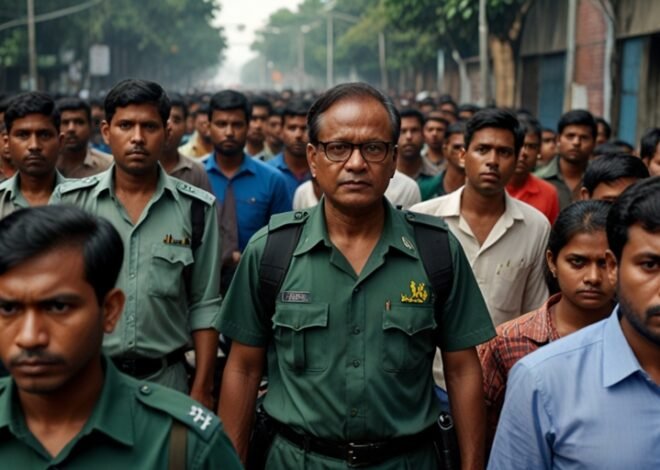World learns from pandemic preparedness initiatives
The global society has recently experienced several outbreaks of various diseases, and the global society has united to improve the approaches and plans for upcoming epidemics. A global health event that took place online with the representation of more than 150 countries has revealed major trends in the development of global health activities and the outcomes of the recent activities.
Several of the topics that were presented at the conference focused on the integration of the latest technology and big data in risk assessment and control of possible epidemics.
Here, several countries described cases of the use of AI-based early warning systems that would allow identifying deviations from the norm in health indicators, which may indicate the development of new diseases before they spread.
Speakers at the conference pointed at issues of infrastructure and the speed of response to the problem. Some of the countries disclosed that they have made huge capital expenditure on improving the health care facilities and education of the health workers. The need to have strategic stockpiles of crucial health commodities was also highlighted as an issue of concern; several countries said they wanted to create or enhance central reserves.
The question of funding was identified as one of the key concerns in the course of the deliberations. The developed countries were asked to contribute more to the less developed countries to enhance on the infrastructure of health systems around the world. Some of the developed countries provided fresh commitments for funding but discussions regarding the ideal methods of disbursing the aid and measures for transparency were still raging on.
The main focus was made on the issues of mental health, including the conditions that worsened due to the pandemic. Much of the focus was on the concept of PHC and the need to incorporate mental health into the primary health care system given the long-term psychological effects of the current heath crises on populations. A number of countries presented best practices with the programs that have been implemented and that have proved effective in combating the stigma and raising awareness of the conditions and making treatment accessible.
The conference also discussed the question of vaccine distribution, which became a global problem during the COVID-19 pandemic. Suggestions were made for a redesign of a fairer distribution of vaccines in future pandemics. A few of the pharmaceutical companies stated their intentions to dedicate a certain percentage of their production to the developing countries in the next pandemic.
Multilateralism in scientific cooperation was mentioned as one of the success stories of the recent years; speakers noted how cooperation helped to speed up the development of the vaccines. There were talks on how to enhance the international research cooperation and develop the ways to share the scientific data within the shortest possible time in case of emergencies.
When the conference was over there was a general feeling of optimism but with a hint of realism. But participants also shared optimism that such efforts will eventually build a much stronger foundation of global health preparedness for future shocks. One can observe that the participants of the international community were willing to learn from the past experiences and were ready to invest in preparedness.
However, some experts urged that more attention should not be paid to these achievements, as continued effort and funding will be needed to consolidate and develop further these achievements. Thus, the results of this conference may well determine the further development of the international response to health challenges in the future of the world.


